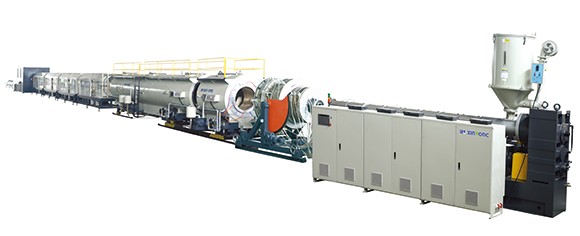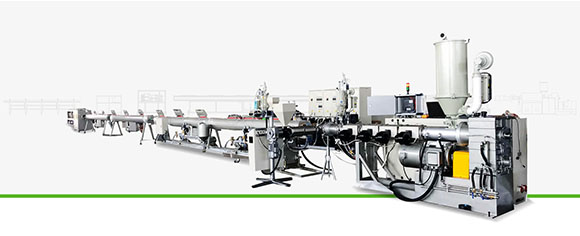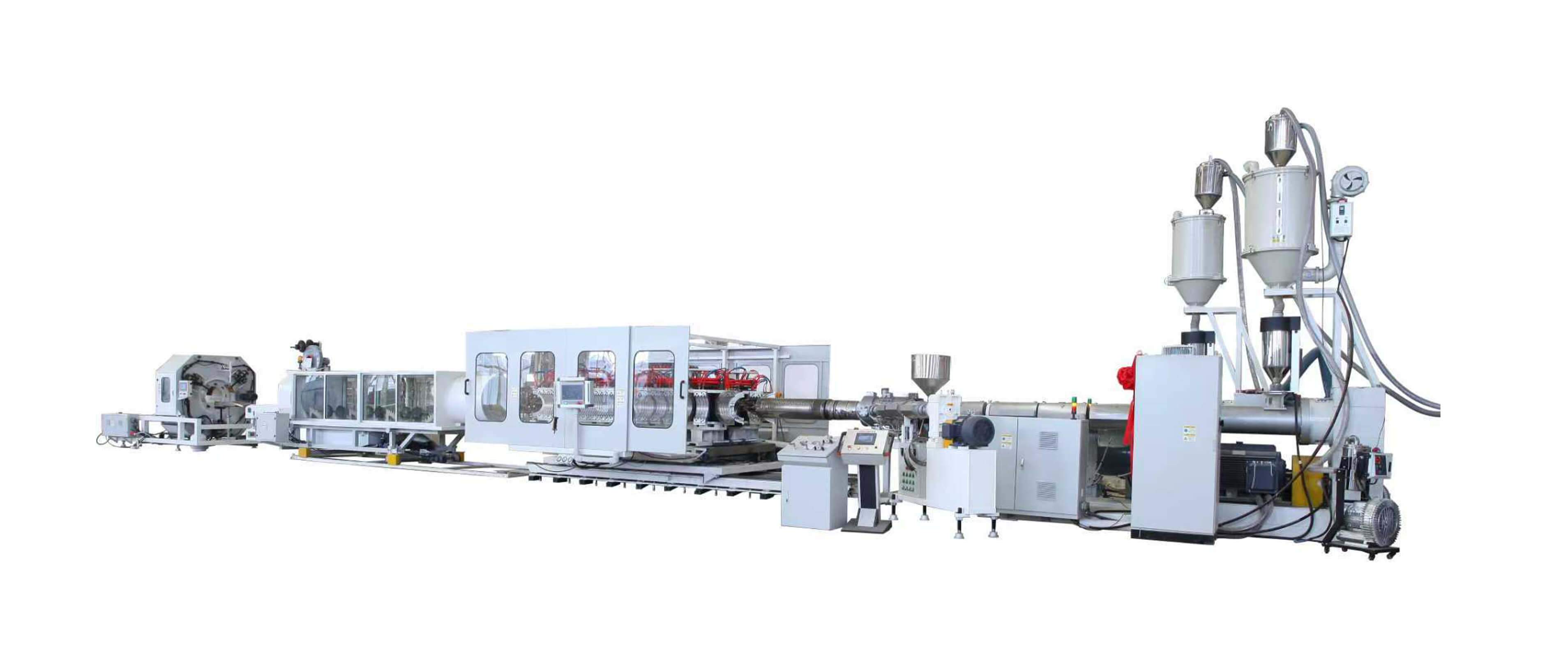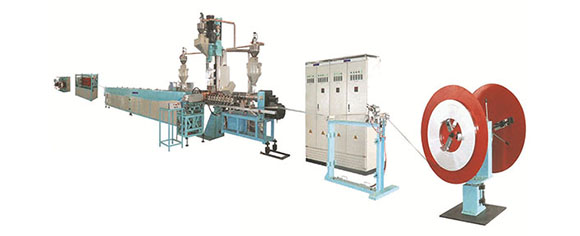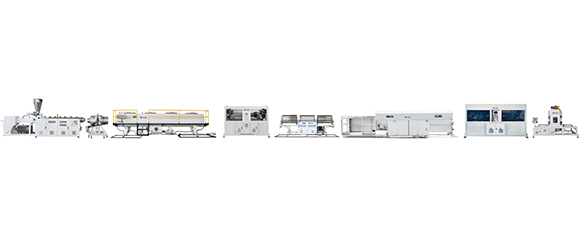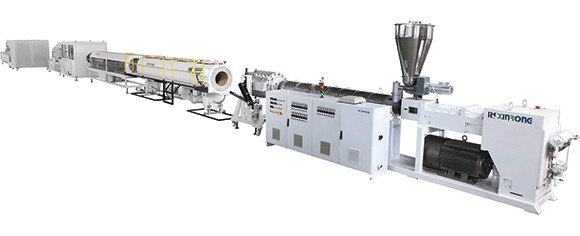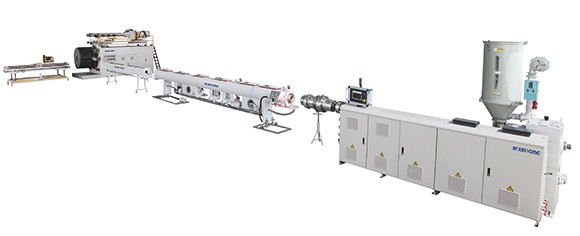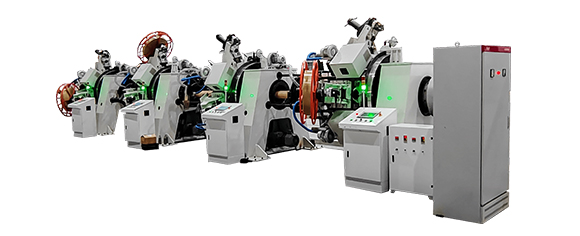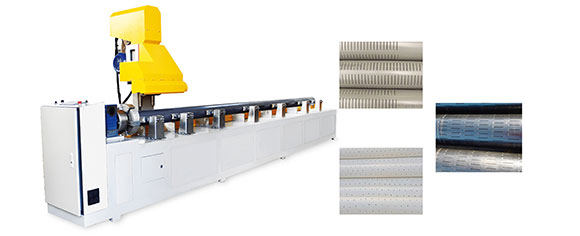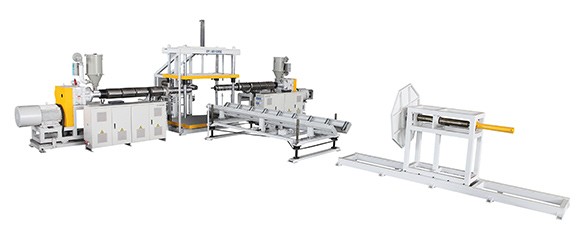News
Site Editor
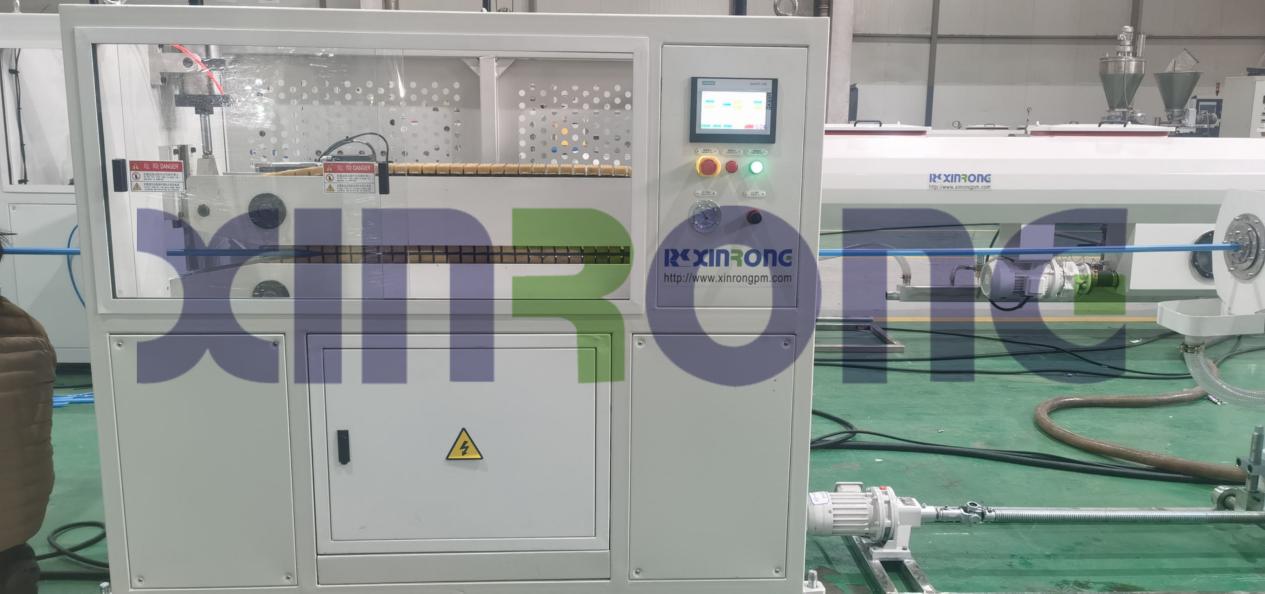 Site
/uploads/5cb96e23627a5.png
CPVC pipe is an important pipe material widely used in various fluid transportation systems. It is widely favored for its corrosion resistance, high temperature resistance and economy. Compared with traditional metal pipes and ordinary PVC pipes, CPVC pipes perform well in many demanding application environments and have become an integral part of many industries.
Site
/uploads/5cb96e23627a5.png
CPVC pipe is an important pipe material widely used in various fluid transportation systems. It is widely favored for its corrosion resistance, high temperature resistance and economy. Compared with traditional metal pipes and ordinary PVC pipes, CPVC pipes perform well in many demanding application environments and have become an integral part of many industries.
Corrosion resistance of CPVC pipes
Views: 642
Author: Site Editor
Publish Time: 2024-09-18
Origin: Site
CPVC pipe is an important pipe material widely used in various fluid transportation systems. It is widely favored for its corrosion resistance, high temperature resistance and economy. Compared with traditional metal pipes and ordinary PVC pipes, CPVC pipes perform well in many demanding application environments and have become an integral part of many industries.
First of all, the corrosion resistance of CPVC pipes is one of its significant advantages. CPVC material has been chlorinated to improve its chemical stability and make it resistant to a variety of acidic and alkaline media. This makes CPVC pipes very suitable for use in the chemical industry and can safely transport various corrosive liquids, such as hydrochloric acid, sulfuric acid and other chemicals. The use of CPVC pipes can effectively reduce the risk of leakage, ensure the safety of the pipeline system, and reduce the frequency and cost of maintenance.
Secondly, CPVC pipes have excellent high temperature resistance. Generally speaking, CPVC pipes are suitable for transporting hot water and high-temperature fluids. This is particularly important for applications such as residential water systems, industrial boilers and cooling water piping. Due to its temperature resistance, CPVC pipes can meet more complex and demanding working conditions, ensuring the safety and stability of fluid transportation.
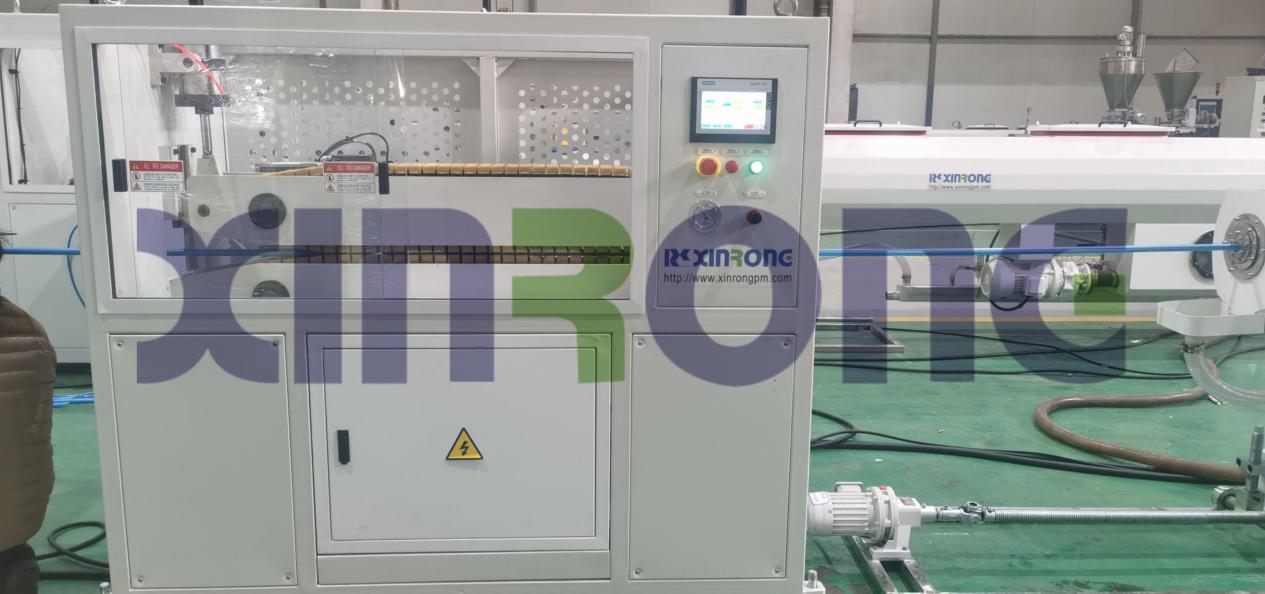
In addition, the portability of CPVC pipes also brings many conveniences in practical applications. Compared with metal pipes of the same diameter, CPVC pipes are significantly lighter and easier to transport and install. In large-scale engineering projects, the use of lightweight CPVC pipes can not only reduce transportation costs, but also reduce labor costs during the construction process. During installation, workers can more easily handle and arrange pipes, thereby improving overall construction efficiency.
In terms of economy, CPVC pipes are cost-effective compared to metal pipes. CPVC materials are relatively low-cost to produce and process, while their durability and long-term stability result in relatively low maintenance costs. These factors make CPVC pipe an ideal choice in many budget-constrained projects, allowing users to achieve higher benefits over their entire life cycle.
However, the application of CPVC pipes in high-pressure environments requires special attention. Although CPVC has the ability to withstand pressure, use in environments that exceed its design pressure may result in performance degradation or rupture. Therefore, when setting pipeline working conditions, designers and engineers must consider the specific scope of application to ensure the safe operation of the pipeline system.
In terms of environmental protection, the use of CPVC pipes is in line with the concept of sustainable development. In recent years, the recycling technology of CPVC materials has gradually matured. Many CPVC pipes can be reprocessed after their service life, thereby reducing the burden on the environment. In addition, the production process of CPVC pipes is relatively low-energy, helping to reduce carbon emissions.
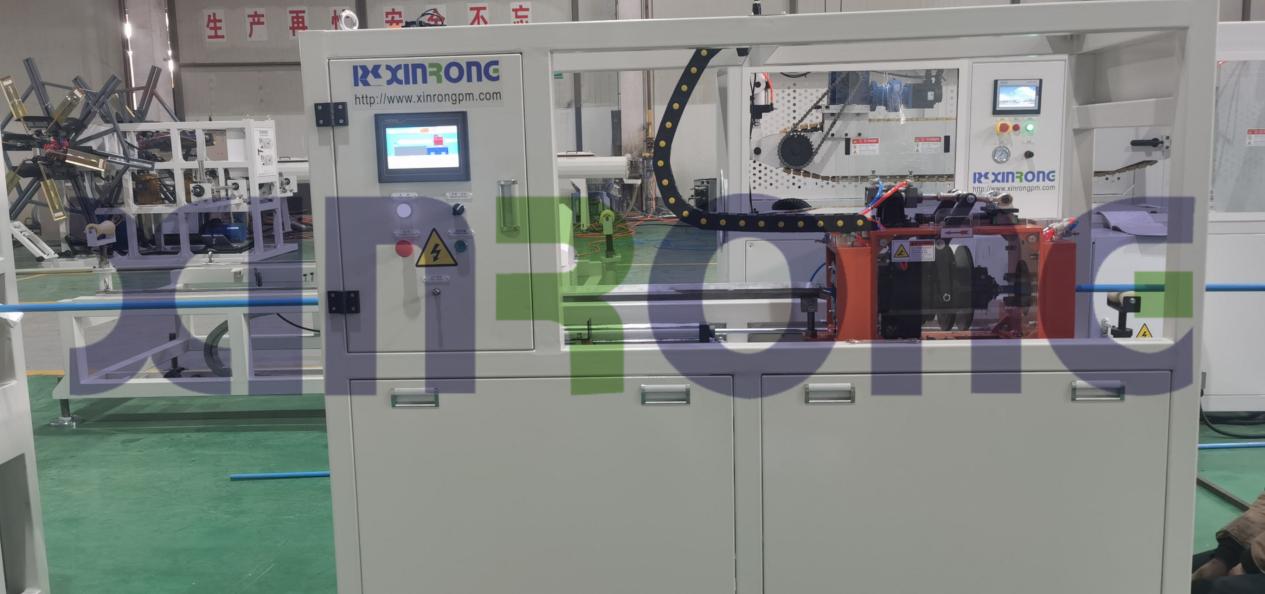
To sum up, CPVC pipes have been widely used in many industries due to their corrosion resistance, high temperature resistance, portability and economy. Choosing suitable CPVC pipes can not only ensure the safety and efficiency of the fluid delivery system, but also effectively reduce maintenance costs while meeting the needs of modern society for environmental protection. With the development of material technology, the application scope and potential of CPVC pipes will continue to expand, with broad prospects.
Our company is professional in producing pipe production lines. If necessary, you can consult relevant content at any time and look forward to our cooperation.





